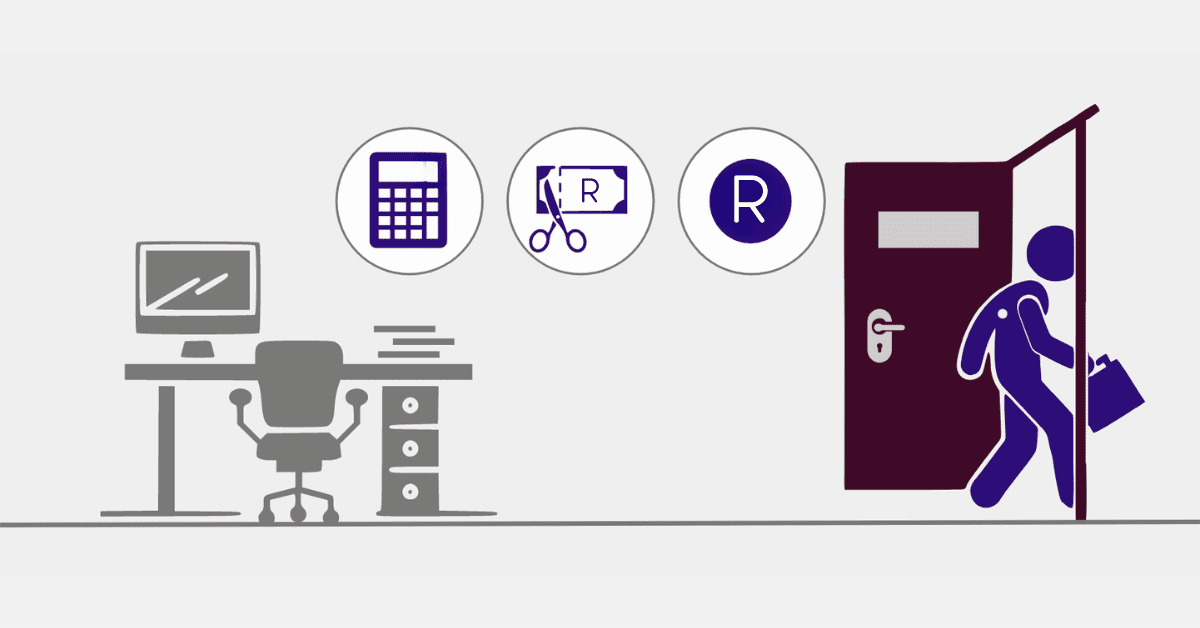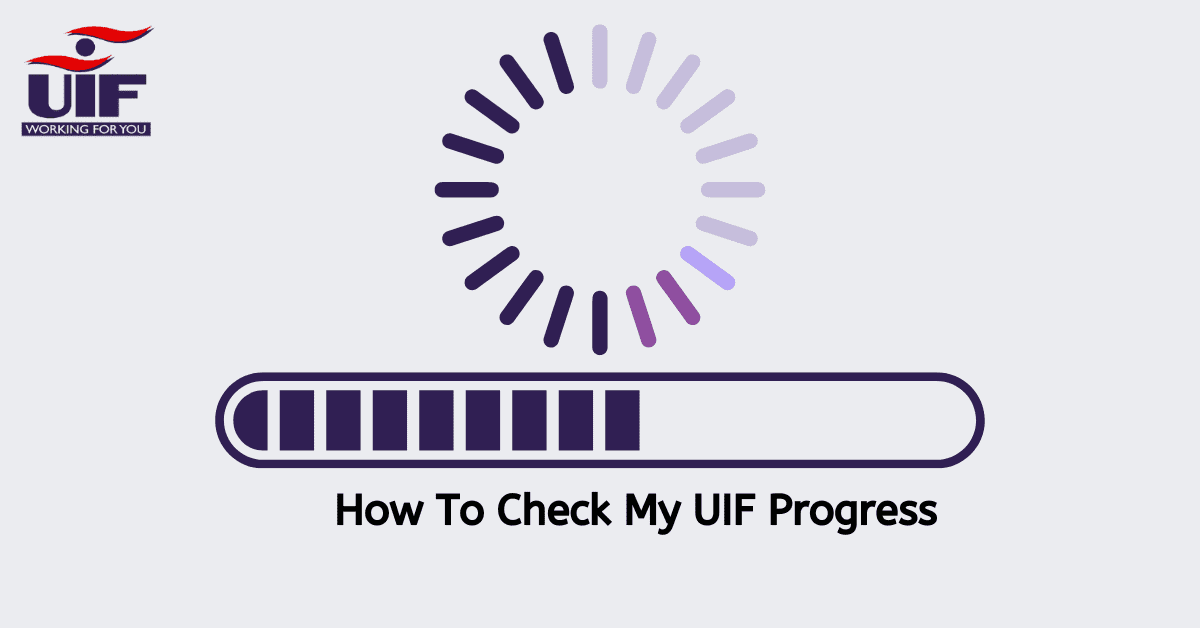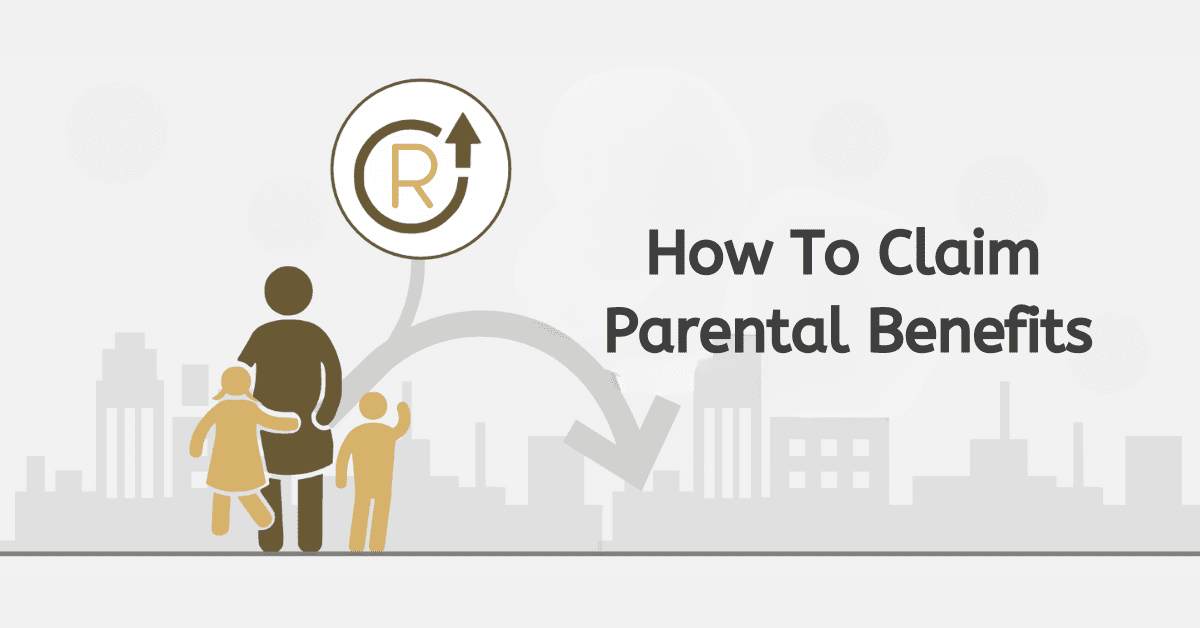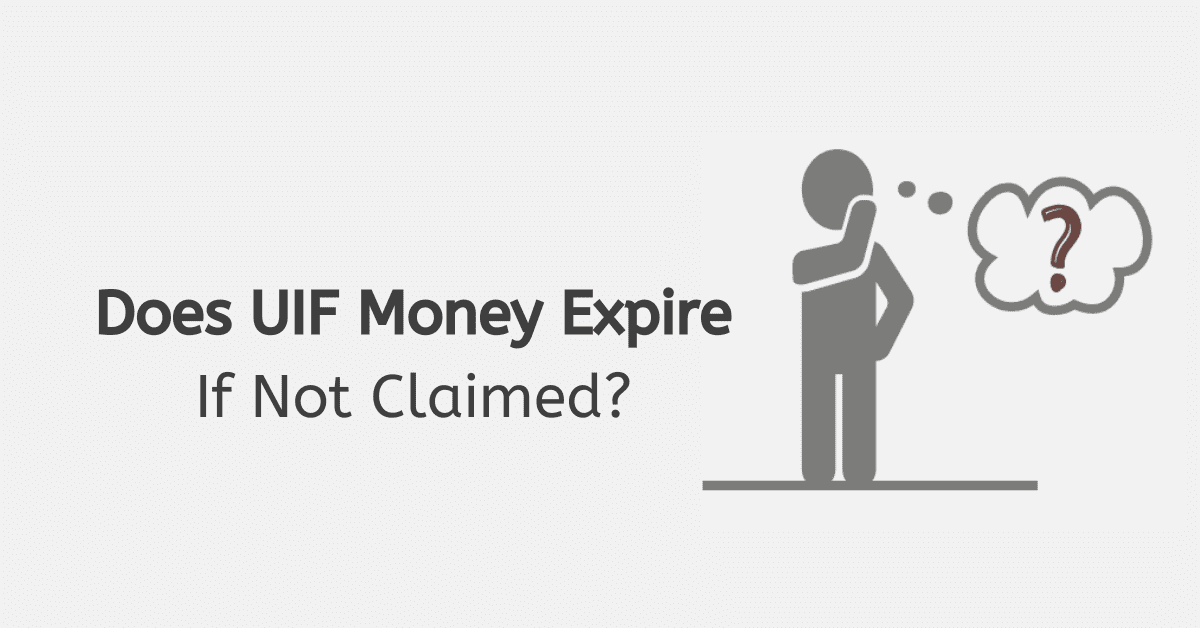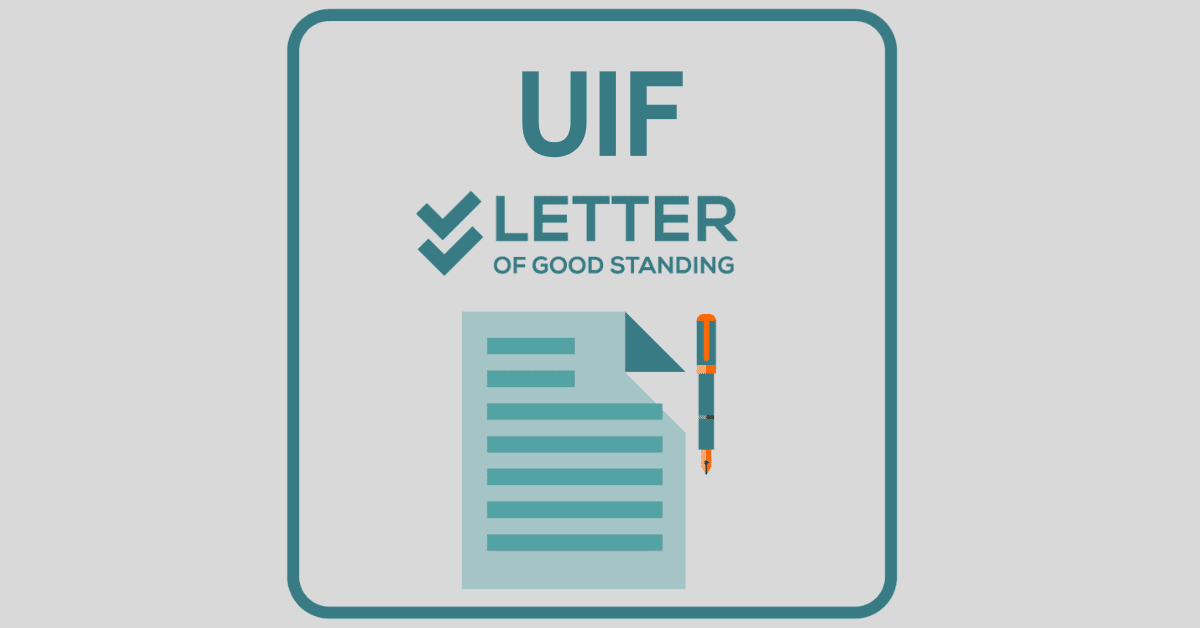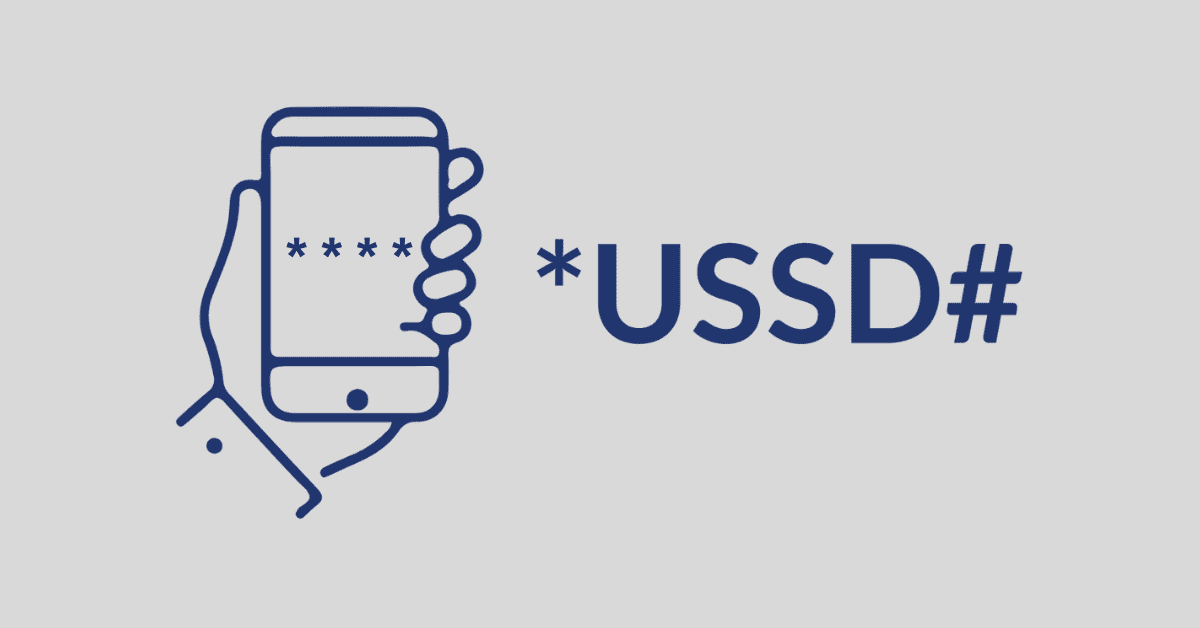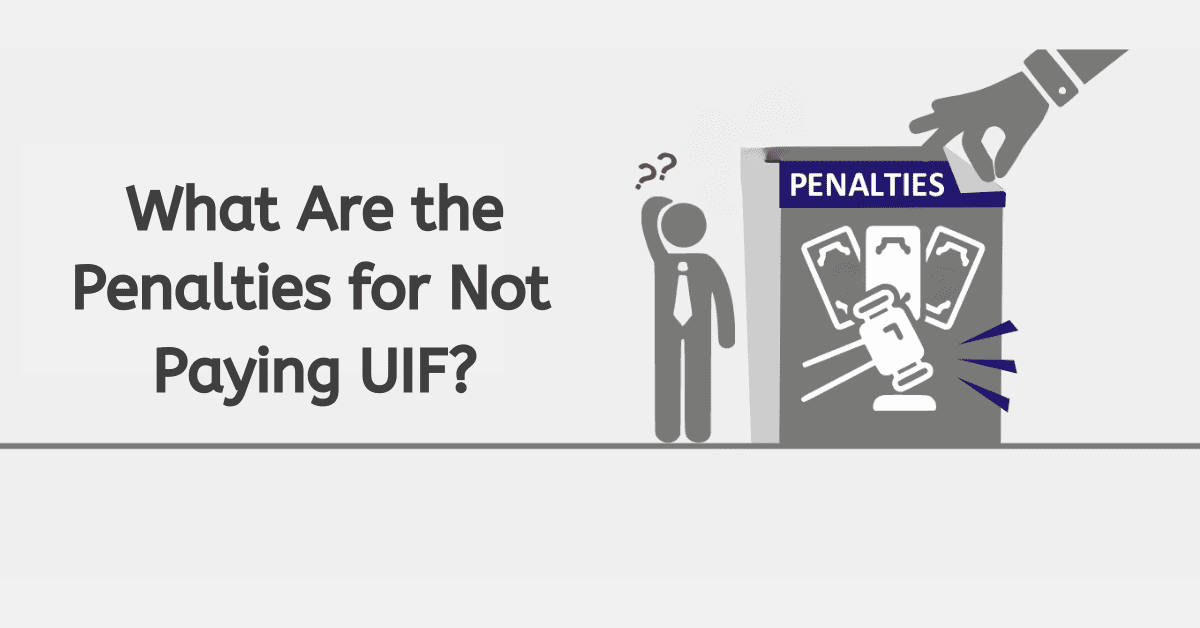For most working and job-seeking South Africans, the Unemployment Insurance Fund (UIF in short) is excellent insurance against the biting realities that loss of employment can entail.
During the COVID-era lockdowns, the UIF effectively served as a relief for employers whose businesses had struggled badly and employees whose pay had become vulnerable.
The UIF was described as a source of solace. With the continuously changing nature of the workplace and economic challenges, it is crucial for everyone to understand the UIF scheme. For that reason, we have decided to put together a comprehensive discussion on an issue central to the scheme: deductions.
In this article, we will walk you through the process of calculating UIF deductions.
How to calculate UIF deductions
By virtue of its design, the Unemployment Insurance Fund relies on contributions made by employees. However, these contributions are paid out by employers on behalf of employees to the South Africa Revenue Service (SARS).
According to the formula contained in the Unemployment Insurance Contributions Act of 2002, these contributions are made as deductions of 2% from wages payable to the employee. These deductions are comprised of equal contributions by the employee and the employer, 1% each, amounting to a total of 2%.
For instance, if you earn 10,000 South Africa Rand, you will have to make a contribution of 100 South African Rand. Your employer will also make a contribution of 100 South Africa Rand. Consequently, a total of 200 South Africa Rand will be deducted by your employer at source for onward submission to SARS.
Deductions are made by employers and remitted to SARS monthly. However, the total deductible amounts are subject to caps determined by SARS. Currently, employees who earn more than 17700 South Africa Rand pay no more than 177.12 South Africa Rand.
How to calculate UIF from gross salary
UIF contributions are deducted from an employee’s gross salary at a fixed rate of 2%, which is split evenly between the employee and employer. If you are an employee whose monthly gross income totals 15,000 South African Rand, your contribution is calculated at 1% of the earned income.
Also, your employer is expected to contribute an additional 1%. In that case, the deductible amount will be as follows:
Employer Contribution @ 1% of R15000 = R150
Employee Contribution = R150 x 1% of R15000
A total contribution of 300 South Africa Rand will be paid to the South Africa Revenue Service (SARS) or the Unemployment Insurance Fund (UIF) by your employer at the end of the month for which the deduction has occurred.
It is useful to bear in mind that employees whose gross monthly earnings exceed a benchmark set by UIF will have their contributions capped at a certain amount. For employees whose earnings exceed the UIF’s benchmark have their deductions fixed at a specific amount.
How to calculate UIF on weekly wages
Weekly wages are subject to the same calculations as monthly wages. Accordingly, they are subject to the mandatory 2% contribution split evenly by the employee and employer. Nonetheless, it is useful to note that UIF calculations are made at the time of payment.
How is UIF deduction calculated
According to the Unemployment Insurance Contributions Act of 2002, UIF deductions are calculated as 1% of an income payable to an employee and 1% of income payable by an employer.
In other words, contributions from an employer and an employee are required to add up to 2%.
Is UIF calculated on gross or basic salary?
UIF deductions are calculated on gross salary. In other words, the UIF deductions apply to the initial amount received from your employee without the deductions.
The basic salary, also known as net salary, is what remains after all deductions, including UIF contributions, have been made from your salary.
Frequently Asked Questions
Who makes UIF payments?
Employers are responsible for deducting UIF contributions from the gross salary of employees using the 2% formula.
Employers must pay these contributions to SARS or UIF within seven days of the end of the month in which the deduction was made.
Is the UIF contribution compulsory?
As an employer of labour or an employee in South Africa, you are required to make contributions to the UIF.
Such payments are made using channels designated by SARS or UIF. However, certain classes of employees may be excluded from making UIF contributions.
Excluded classes of employees include learners, public servants, foreigners employed on a contractual basis, workers who work less than 24 hours a month, workers who earn only commissions, etc.
